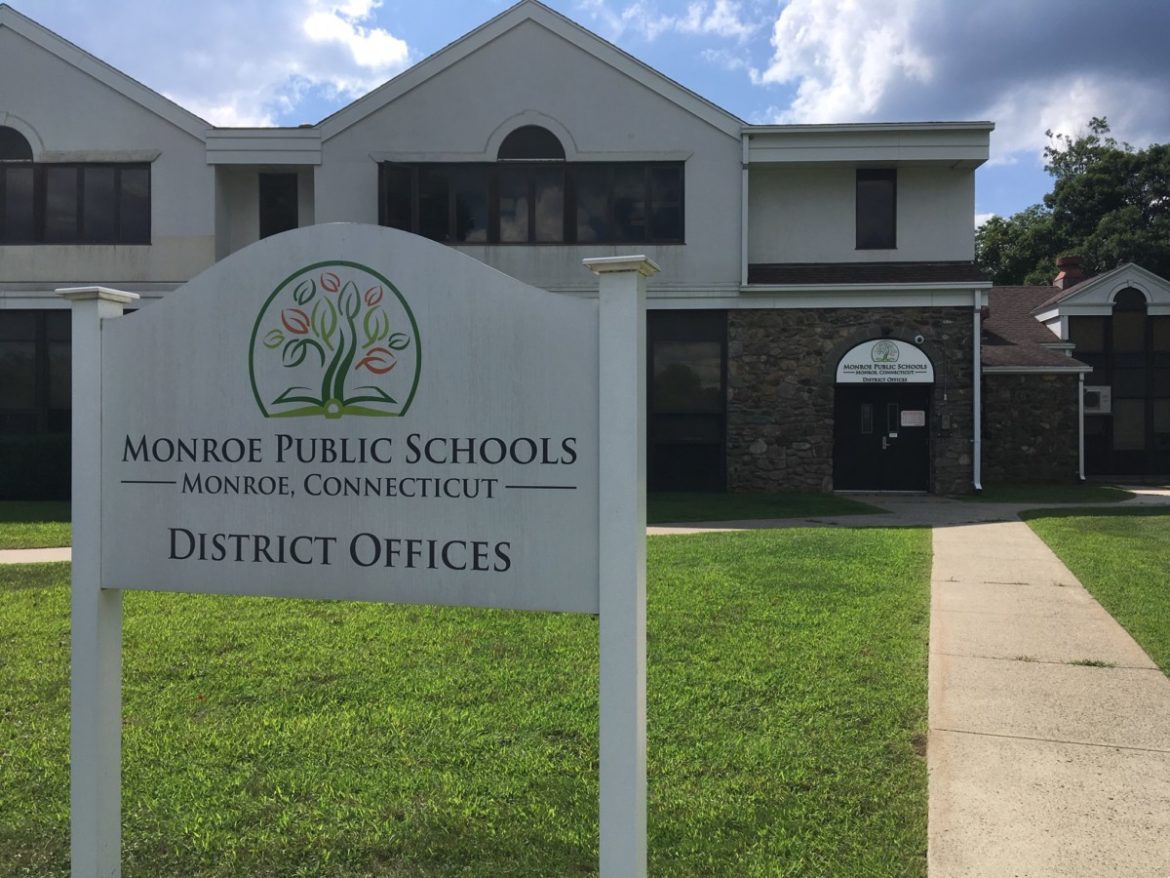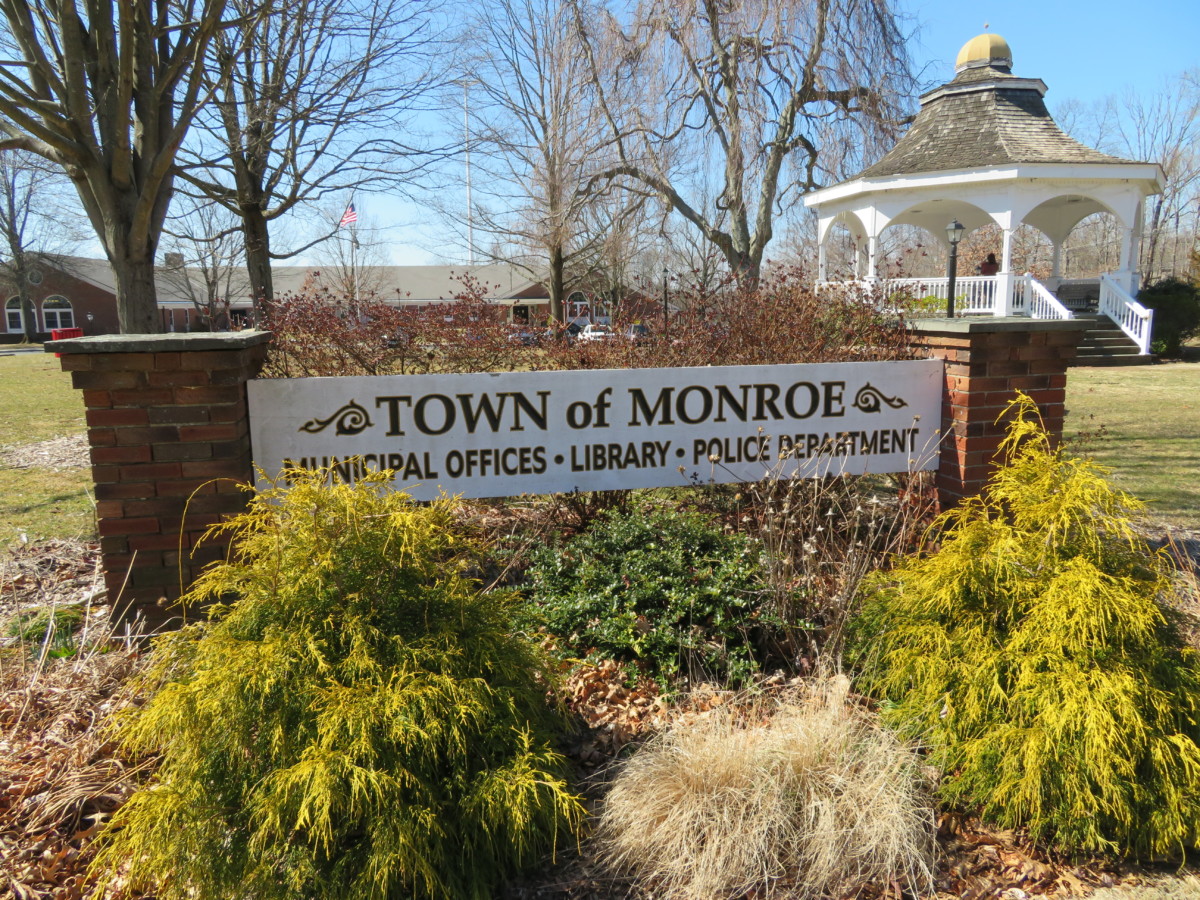MONROE, CT — Distance learning forced by the COVID-19 pandemic last spring wiped away a projected budget deficit for the Board of Education and left it with a $323,000 surplus for fiscal year 2019-2020.
Prior to that, the board was facing a projected deficit of $1.2 million at one point. It was mostly driven by a medical insurance plan that was underfunded by around $600,000 and hundreds of thousands of dollars in cost overruns for special education.
“Unfortunately, the reason why we went from such a shift of 1.2, now to a surplus of 323 is really COVID related, because the schools were closed for three full months,” Board of Education Chairwoman Donna Lane told the Board of Finance at its meeting Thursday. “There was a number of savings that kind of shifted the pendulum to the other side.”
Lane said $622,342 in transportation and $110,000 for electricity were the biggest savings.
 Though a $1.2 million deficit was projected at one point, Finance Director Ronald Bunovsky Jr. said cost mitigation strategies by the Board of Education and Central Office reduced it to around $907,000 before the savings from COVID-19.
Though a $1.2 million deficit was projected at one point, Finance Director Ronald Bunovsky Jr. said cost mitigation strategies by the Board of Education and Central Office reduced it to around $907,000 before the savings from COVID-19.
Bunovsky compiled a list of all the savings and cost increases due to COVID in the 2019-2020 budget for the Board of Finance, noting it resulted from the last third of the school year.
“They all make sense, but it’s nice to have everything in one place,” Board of Finance Chairman Michael Manjos said of the worksheet.
A year of uncertainty
Manjos pointed out how the Board of Education’s budget is in a fluid situation due to the COVID-19 pandemic.
“We have seen school districts where COVID changed things out of the gate,” he said. “I would not be surprised to see you come back and say some things have changed.”
Over the summer, Lane said the school district has seen an anomaly, in which families leaving New York due to the pandemic, are moving to Monroe. Even with 19 students taken out for distance learning or home schooling, enrollment is up by at least 57 students, she said.
The district will not finalize its enrollment numbers until Oct. 1, but Lane said the two Realtors on the Board of Education, Shannon Monaco and Jeff Fulchino, told her there are still more closings on new homes, which could impact enrollment even more.
Lane said two children might be enrolling into high cost special education programs, which is something the board had not anticipated in its budget this year.
Acting Superintendent Joseph Kobza said another special education impact will come from a federal court decision leading to an increase in a students’ eligibility for special education services from age 21 to their 22nd birthday.
Lane had written a letter requesting that the $323,000 surplus be moved to the Education Capital Reserve Fund, in accordance with Section 10-248a of the Connecticut General Statutes, as it has the last two years.
“I did want to recommend that we push this to next month,” Manjos said. “Next month we’re doing all of the transfers on the town side.”
Manjos said his recommendation was made, in part, due to changes made to the 10-248 law last year, but he also wants to discuss whether funds should be created for COVID and special education.
Manjos said special education costs are difficult to control and project, even with Bunovsky and Darleen Fensore, director of student support services, closely monitoring it.
“It can change in a week and we can’t control that, so putting all the risk of special education on the Board of Education side is difficult and something we ran into problems with,” Manjos said. “We could create a special fund just to address special education issues, so it doesn’t throw off the budget constantly.”
The rest of the finance board agreed with Manjos.
Steve Kirsch, a finance board member, noted how a number of things in the Board of Education’s budget proposal were cut and invited Lane and Kobza to come before the board with a request to use some of the surplus to restore things they deem important for education.
Lane said the Board of Education will discuss it during its meeting tonight (Monday).
The Monroe Sun welcomes comments, but will not approve comments where users do not identify themselves by their first and last name and provide a valid email address, should there be any questions. Comments can be pointed, but should also be respectful, while avoiding personal attacks.









With a surplus of $323,000, it sounds like the conversation should include returning the furlough money to the Monroe teachers.